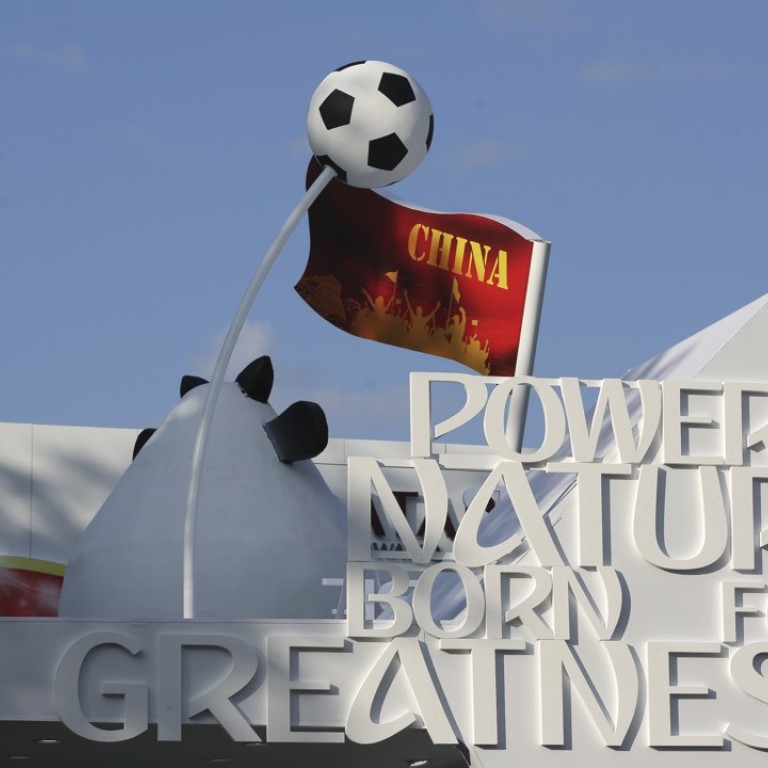
What Fifa World Cup lacks in China playing it makes up for in fans and sponsors in Russia plus eyes on the Chinese Super League
Globe’s biggest tournament will be watched on the mainland with companies also making their presence felt over the border this summer
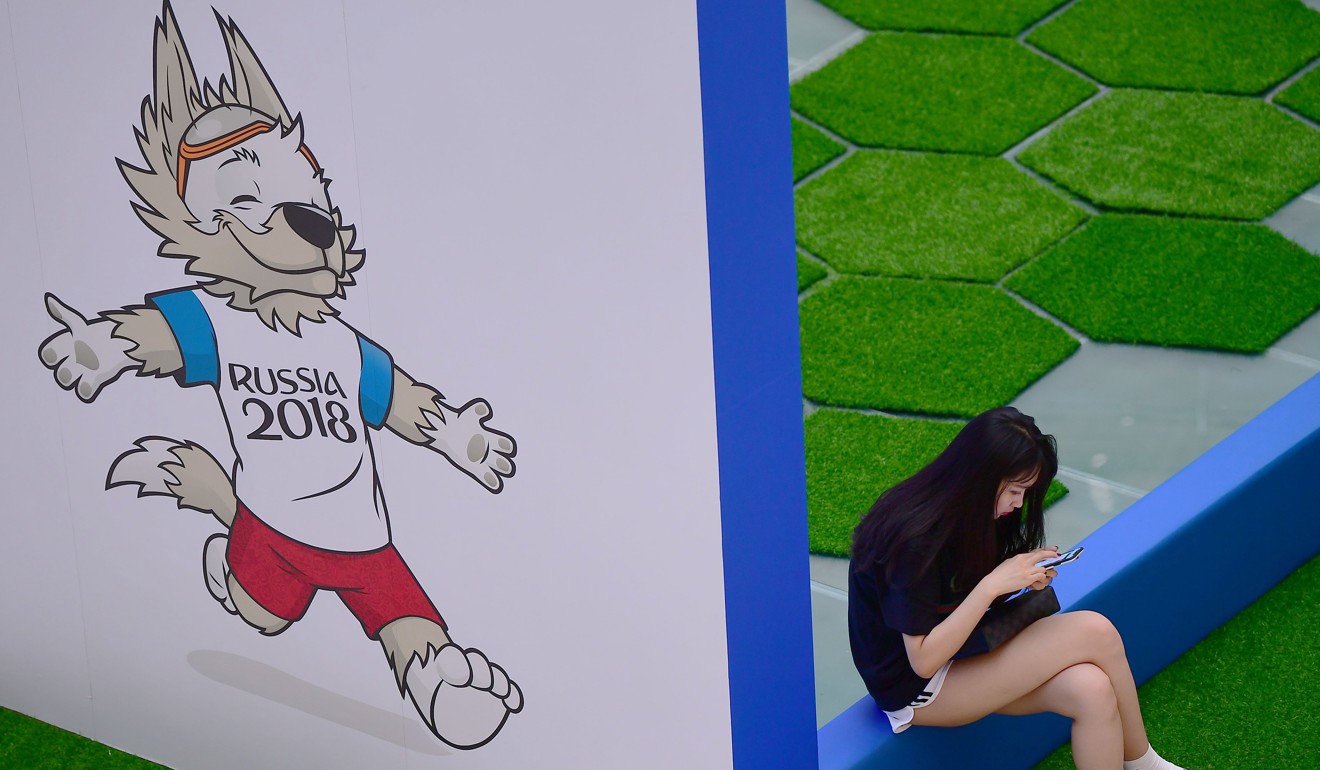
Mark Dreyer, founder, chinasportsinsider.com
With no Chinese presence on the pitch in Russia, the focus has turned to the Chinese sponsors filling Fifa’s coffers in the absence of those from the rest of the world, with Wanda, Vivo, Hisense and Mengniu all looking to have significant presence, plus an additional two Chinese sponsors at the “regional supporter” level.
Of those, I think diary giant Mengniu’s sponsorship is the most interesting, because it is the one most squarely focused on a domestic audience (whereas Vivo and Hisense are trying to sell their products to consumers all around the world, and Wanda still has significant global sporting interests).
Mengniu has also hired Lionel Messi to front their World Cup advertising campaign, so they have targeted the biggest tournament in the world and the best player in the world.
It’s not public knowledge how much Mengniu has spent on these deals, but the fact that they still think it’s worth it to spend this kind of money on both Fifa and Messi shows just how closely Mengniu predicts the World Cup will be followed by Chinese fans, i.e. their potential consumers.
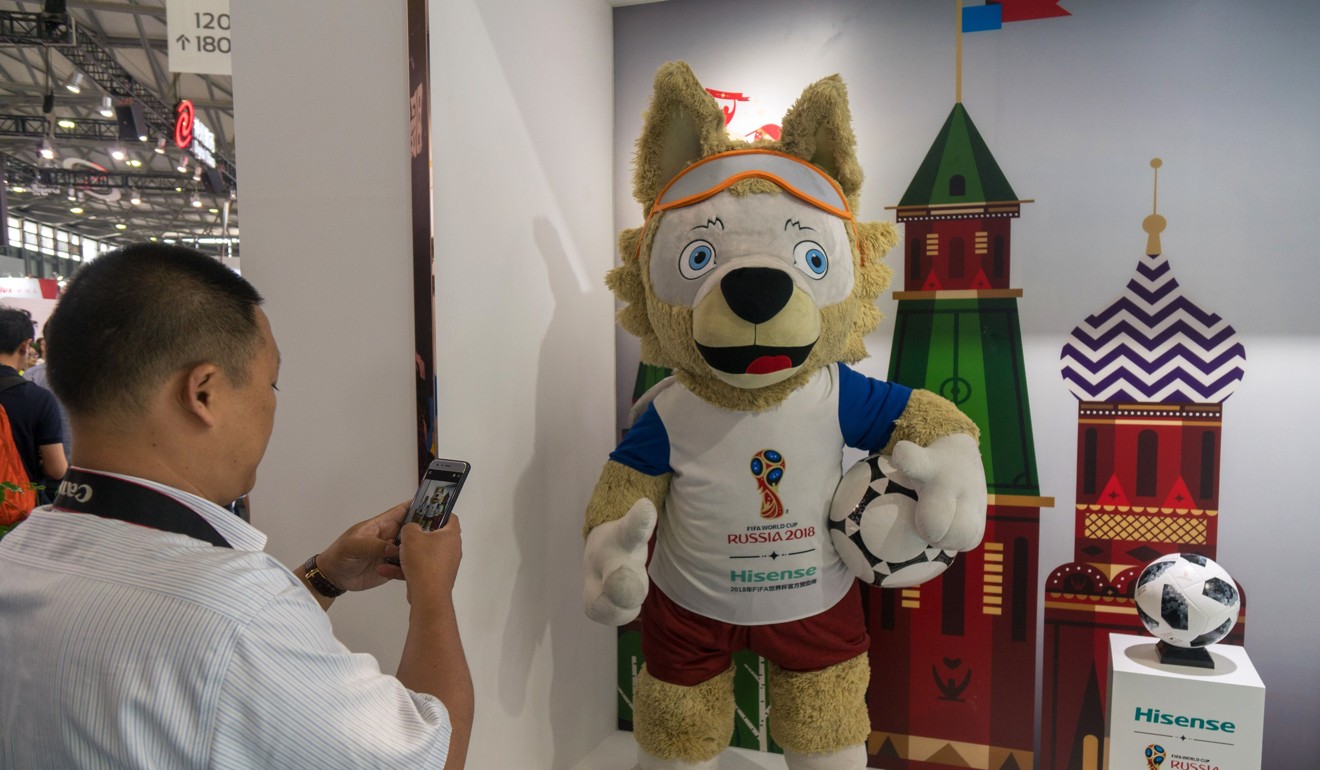
Simon Chadwick, professor of sports science, University of Salford
On the field, China’s investment in football appears to have been rather counterproductive for some players. For example, two or three years ago one would have expected to see a Brazil starting line-up consisting of the likes of Oscar, Hulk and Ramires.
All that said, there’s still some China focused interest: Renato Augusto, Odion Ighalo, Javier Mascherano and Axel Witsel will all be worth looking out for.
However, the bigger Chinese action is taking place off the field, most notably among the sponsors. For most people across the globe, these will be unfamiliar companies, brand names and products, though each company will be hoping their association with Fifa and the tournament will raise brand awareness and enhance brand recall.
This is not only important for them, but also for Chinese industry too, as it seeks to gain global credibility and legitimacy and aims to sit alongside established western corporations such as McDonald's and Coca Cola.
At the same time, the Chinese government will be keen for its four industrial ambassadors to firmly embed themselves within Fifa, as it seeks to exert influence over the governing body in pursuit of its own football ambitions.
One suspects that there will consequently be a great deal of behind-the-scenes politicking – in corporate boxes and hospitality areas – where “Brand China” will be asserting its credentials among world football’s most important officials.
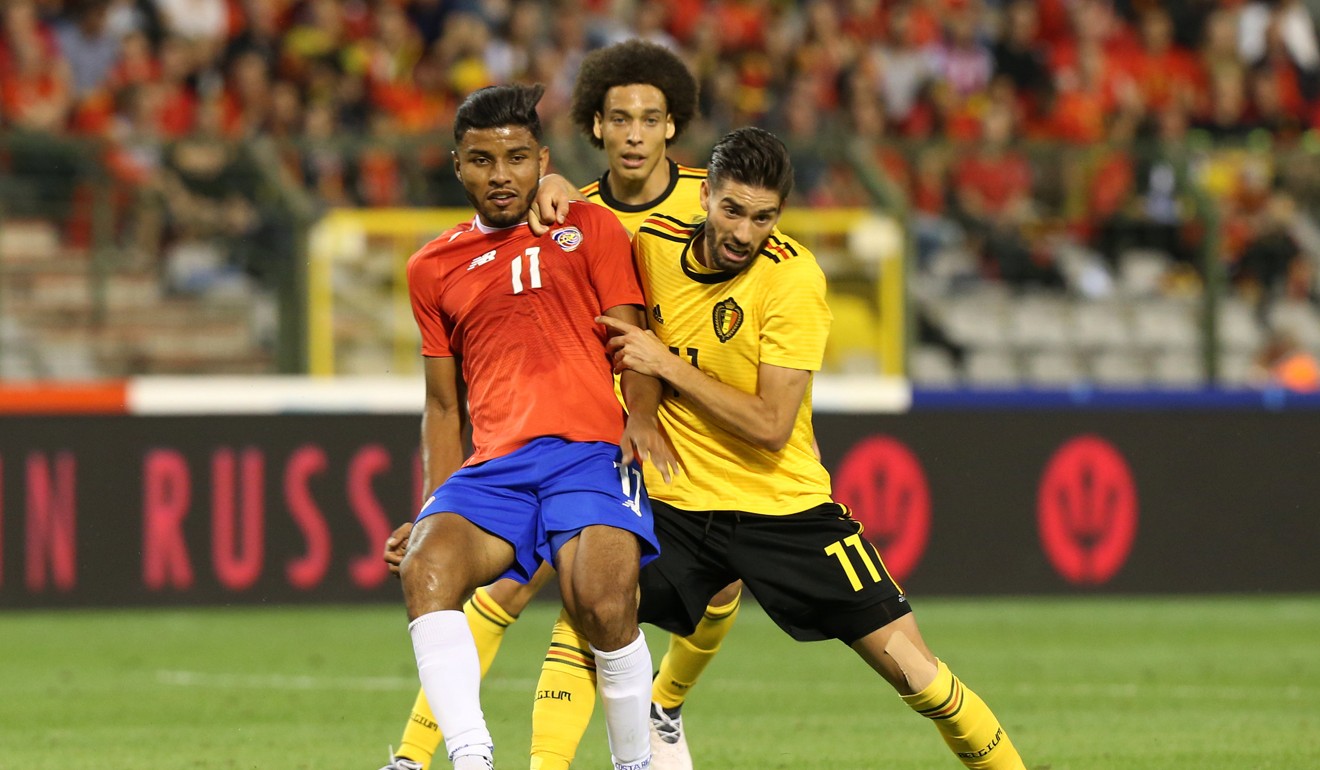
Cameron Wilson, founding editor, wildeastfootball.com
This month China’s bars will be packed with fans. Tragically, though, they won’t be watching China, who once again failed to quality for the World Cup. These fans will be adopting countries such as Germany and Argentina and cheering them on as if they were their own.
As such, this is the great contradiction of Chinese football. A country which lacks a widespread football culture and anything even remotely close to a successful national team of its own.
Yet there is an abundance of passion for the sport here as anyone who spends time in China during a World Cup can’t help but notice. The challenge is how to channel this love for football so that Chinese football can be improved.
A record eight players from Chinese clubs will feature in Russia. This is a timely boost for the CSL. However, ultimately none of these talents are Chinese. So for some the World Cup message about Chinese football will be that big name players are its only interesting feature.
Of course this simply isn’t true but it is a message which is reinforced on many fronts both inside and outside China. Within China, it’s not just fans who pull on Spain or England jerseys – even studio pundits and presenters get in on the act in some cases.
It speaks volumes about the magic of the World Cup that it can lead Chinese people, who normally have a rigid concept of their own identity and culture, to so enthusiastically support the national cause of other football nations.
I think another dramatic World Cup competition can inspire more Chinese to take their love for the game beyond watching the big events in the bar and get involved in playing and supporting their own game at all levels to develop their own football culture.
Only this way will the playing and coaching talent pool be made big enough to support a successful Chinese national team so fans don’t have to follow the big boys from Europe and South America.
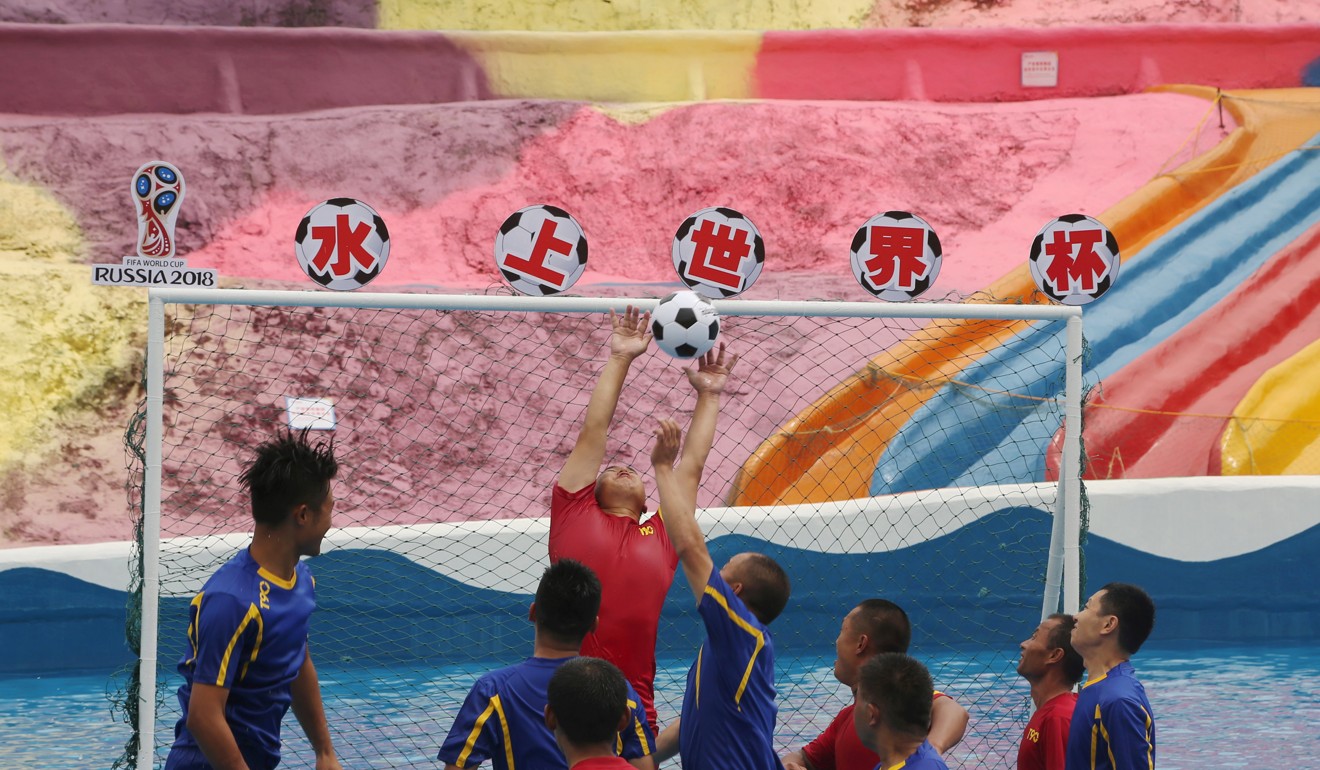
Nikki Wang, head of sports business, Deloitte China
One of the most notable developments in global football in the last two years has been a marked increase in the level of interest of Chinese stakeholders in the game.
This has been driven in large part by the Chinese Government’s explicit commitment to football through the launch of a 50-point plan for the development of Chinese football, which has accelerated domestic interest in the game, with one of the stated long-term aims being hosting a Fifa World Cup.
The football dream is a very much also a Chinese dream. The 50-point plan introduced in March 2015 gave more impetus to this dream. For the first time, the football strategy has been elevated to a national level, which is unprecedented.
The plan requires a comprehensive guidance on infrastructure, market operation, youth training programmes, management systems and many other initiatives. The “three-step” goal is clearly set out, with the forecast that by 2050 China’s football will be at a world leading level, China will continue to endorse football as a very important sport (the so called “big ball”) and that football’s leading position in the country’s sports agenda will not be challenged.
